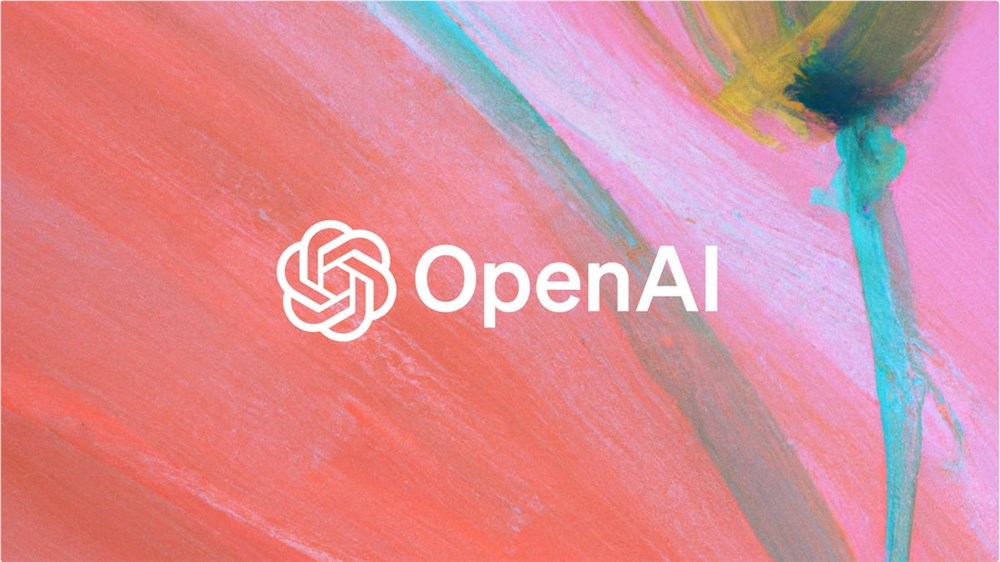OpenAI is undergoing a major strategic shift, transforming its public interest company (PBC) into a for-profit enterprise, which has attracted widespread attention in the global field of artificial intelligence. This move has sparked many discussions about valuation, Microsoft's huge investments and future business models. According to insiders, OpenAI's PBC division is initially valued at $30 billion, but how many shares will be exchanged for Microsoft's $14 billion investment remains undecided, which is undoubtedly the core issue of this restructuring.
Against the backdrop of the rapid rise of the global artificial intelligence field, OpenAI is undertaking an important strategic restructuring to transform its charity division, PBC (Public Benefit Corporation) into a for-profit company. According to people familiar with the matter, OpenAI initially valued the newly established charity division at $30 billion, but there is no clear answer to how many shares Microsoft's $14 billion investment will occupy.
During this negotiation, the OpenAI board of directors is busy discussing complex financial structures and future business models. Three people familiar with the matter pointed out that although the final valuation of the PBC department is around US$30 billion, the specific transaction price remains to be confirmed. This process involves a large amount of equity allocation and cash payments, most of which will be carried out through the equity form of PBC, while the remainder is completed in cash payments.

OpenAI said that the restructuring will make it one of the most resource-rich nonprofit organizations in history, aiming to promote the responsible development and application of artificial intelligence. With the continuous advancement of technology, how to achieve commercial profit while protecting the public interest has become a new challenge for OpenAI.
Currently, Microsoft's investment is crucial to the future of OpenAI. Although its investment amount is as high as US$14 billion, the specific share ratio has not been disclosed. This investment will likely affect OpenAI's position in the industry and its future development direction. As the market environment changes, OpenAI needs to find a reasonable business model so that it can achieve considerable economic returns while maintaining its social responsibility.
For OpenAI, this strategic transformation is not only a business consideration, but also a commitment to its long-term mission. With the continuous evolution of AI technology, OpenAI hopes to lead the development of the industry in this transformation, and at the same time, it also hopes to give back to society and create greater social value.
OpenAI's transformation is a reflection of its pursuit of a balance between commercialization and social responsibility. Its future development will have a profound impact on the entire AI industry and deserves continued attention. Microsoft's huge investment and final shareholding ratio will become important factors that affect the future development of OpenAI.